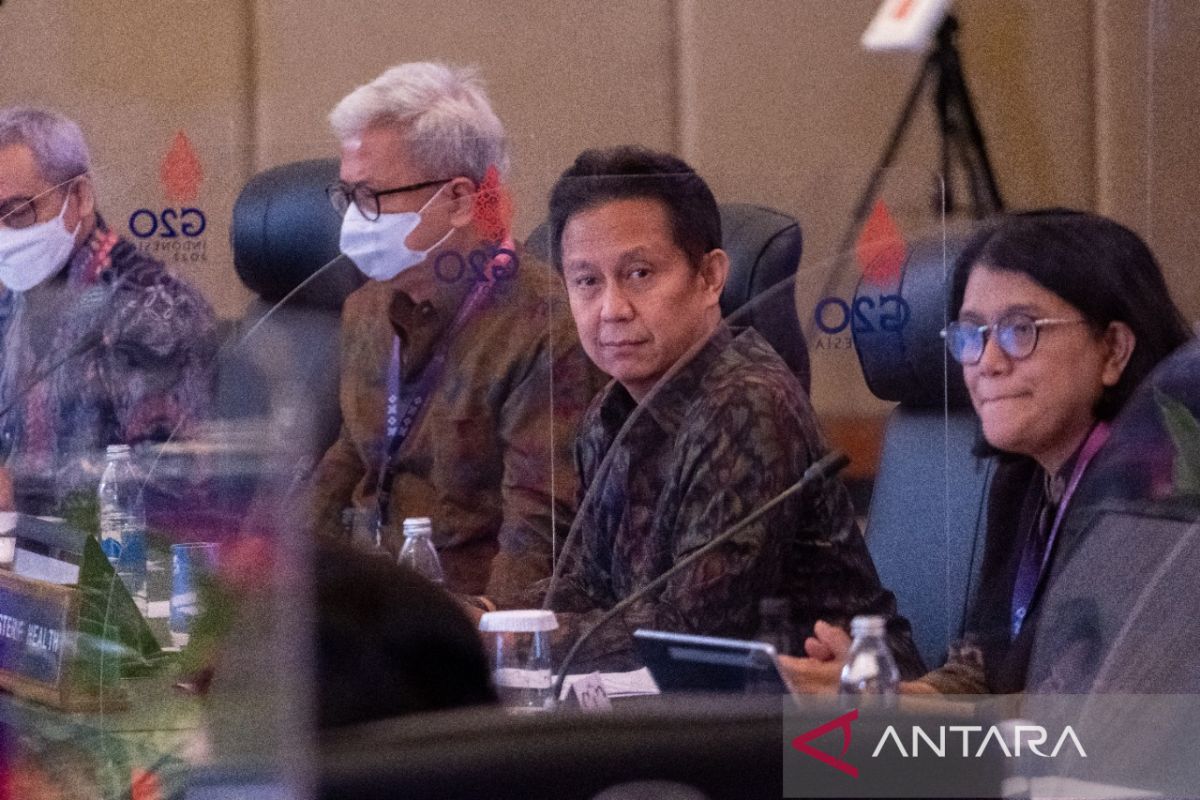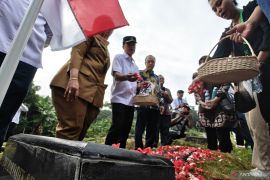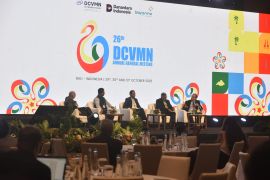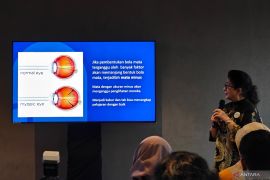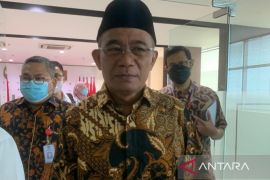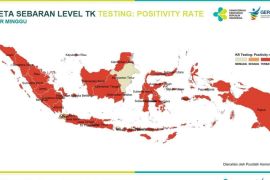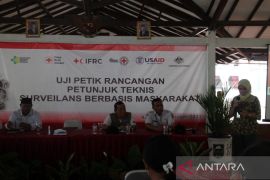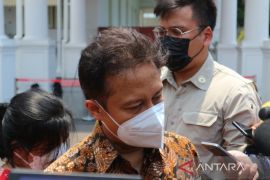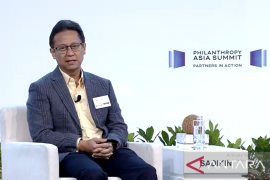Such a model is important to enable technology transfer to prepare for pandemic (in the future).Bali (ANTARA) - Five G20 members—Indonesia, Argentina, Brazil, India, and South Africa—have agreed to collaborate to establish a vaccine manufacturing, treatment, and diagnostic center to mitigate future pandemics.
"To prepare for the next pandemic and global health threats, every country must have access and capacity to develop vaccines, therapies, and diagnostics (VTD) regardless of their economic status and geographical (situation)," Indonesian Health Minister Budi Gunadi Sadikin said at a press conference on the 3rd Health Working Group (HWG) Meeting here on Monday.
The collaboration aims to initiate the strengthening of health tool manufacturing centers as well as the development of a global research center.
The minister said that the implementation of the initiative, which will focus on building healthcare research and manufacturing capacity in middle-income countries, will involve all G20 member countries and international organizations.
The collaboration stems from the differences in the capacity of each G20 country to handle the COVID-19 pandemic.
There are many vaccine platforms that will be developed under the collaboration, including mRNA, viral vector, adjuvanted subunit protein, and inactivated vaccines, Sadikin informed.
Hence, transfer of technology and knowledge among the G20 countries is required to improve global access through the development of pharmaceutical manufacturing centers, he added.
An example of this is the production of Molnupiravir as an oral antiviral treatment for COVID-19 in lower-middle income countries by the Medicines Patent Pool’s (MPP’s) facility.
"Such a model is important to enable technology transfer to prepare for pandemic (in the future)," the minister remarked.
Related news: G20 supports Indonesia to issue vaccine certificate verifying system
The 3rd HWG meeting discussed the expansion of global vaccine, drug, and diagnostic manufacturing centers in lower-middle income countries, as well as strengthening the global network of public health researchers.
The meeting also promoted equitable access to vaccines through strengthening research and development capacities, diversifying supply chains, as well as increasing collaboration between governments, public sectors, and private sectors.
"Currently, no vaccine is produced by the government’s industry. All of them are made by private companies," the minister noted.
Currently, the challenge faced by the G20 forum is to develop and implement safe and effective diagnostics, therapies, and vaccines for the international community within a maximum of 100 days, he added.
"It can only be achieved if all countries, whether high-, middle-, or low-income countries, have the capacity to produce or have equal access to vaccines, therapeutics, and diagnostics," he emphasized.
The G20 is preparing the Global Initiative on Sharing All Influenza Data Plus (GISAID+) platform to accelerate the mitigation and collection of data on highly infectious pathogens, he added.
Related news: Indonesia highlights global vaccine equality to tackle COVID-19
Related news: Need equitable health resource distribution for better health services
Translator: Andi Firdaus, Uyu Liman
Editor: Suharto
Copyright © ANTARA 2022
